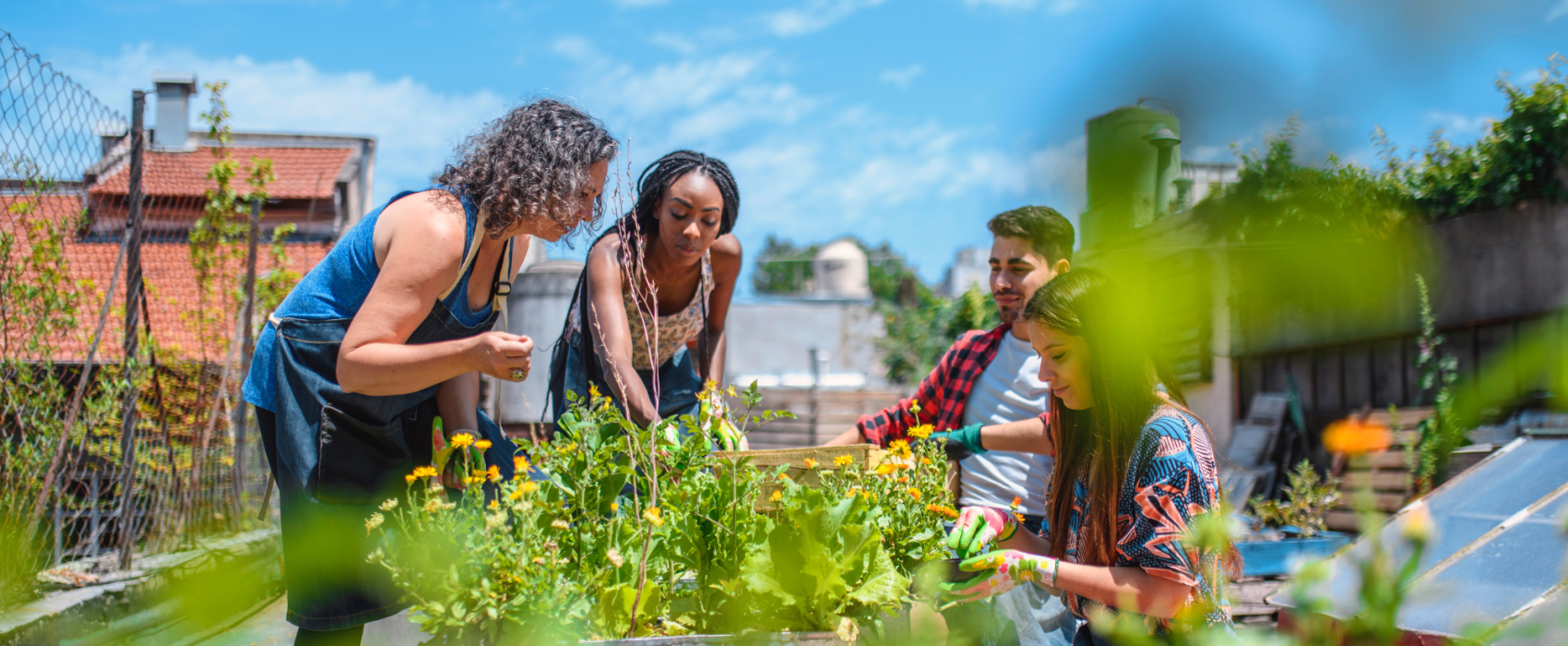Loneliness is a universal human experience. It’s something we all feel at different points in our lives, yet it remains a topic that’s often shrouded in silence and stigma. This Loneliness Awareness Week, we’re embracing the theme ‘Meeting Loneliness Together’, which encourages us to open up the conversation around loneliness, recognise it as a natural human emotion and work together to reduce its stigma.
Understanding Loneliness
Loneliness isn’t just about being alone; it’s about feeling disconnected or lacking meaningful connections with others. It can affect anyone, regardless of age, background or circumstances.
While loneliness is a normal part of life, prolonged periods of loneliness can have serious effects on both mental and physical health, increasing the risk of depression, anxiety and even physical illnesses such as heart disease.
Yet, despite its prevalence, many of us hesitate to talk about loneliness because it’s often misunderstood or unfairly associated with weakness or failure. But loneliness is nothing to be ashamed of, it’s a natural emotion that we can address together.
Breaking the Stigma
Reducing the stigma around loneliness starts with normalising the conversation. Here are some ways we can all contribute:
- Acknowledge loneliness as normal
Feeling lonely doesn’t mean there’s something wrong with you, it’s part of being human. By acknowledging this, we can start to view loneliness with compassion rather than judgement. - Talk about it
Sharing your feelings of loneliness with someone you trust can be a powerful step toward connection. It also encourages others to feel safe opening up about their own experiences. - Listen without judgement
If someone confides in you about feeling lonely, listen with empathy and without trying to "fix" the situation. Sometimes, just being heard is enough to make a difference. - Challenge misconceptions
Loneliness doesn’t always look the way we expect. Someone who appears to have a busy social life or is surrounded by people can still feel lonely. Let’s challenge stereotypes and approach the topic with an open mind.
Meeting Loneliness Together
Combating loneliness isn’t something we have to do alone, it’s something we can do together. Here are some practical ways to foster connection and build a sense of community:
- Reach out: A simple gesture, like sending a message or inviting someone for a chat, can brighten someone’s day and make them feel valued.
- Engage in shared activities: Whether it’s joining a club, volunteering or attending community events, shared experiences can create meaningful bonds.
- Check in on each other: Sometimes, the people who seem the most independent may be the ones who need connection the most. A quick check-in can go a long way.
- Be Present: In our fast-paced, digital world, offering someone your full attention – whether in person or virtually – can foster genuine connection.
Seeking Support
If you’re struggling with loneliness, it’s important to know that help is available. Speaking with a trusted friend, family member or professional can provide comfort and guidance. There are also organisations and helplines dedicated to offering support. You don’t have to face loneliness on your own. Seek information at your GP surgery for local activities promoted by the council or community led.

